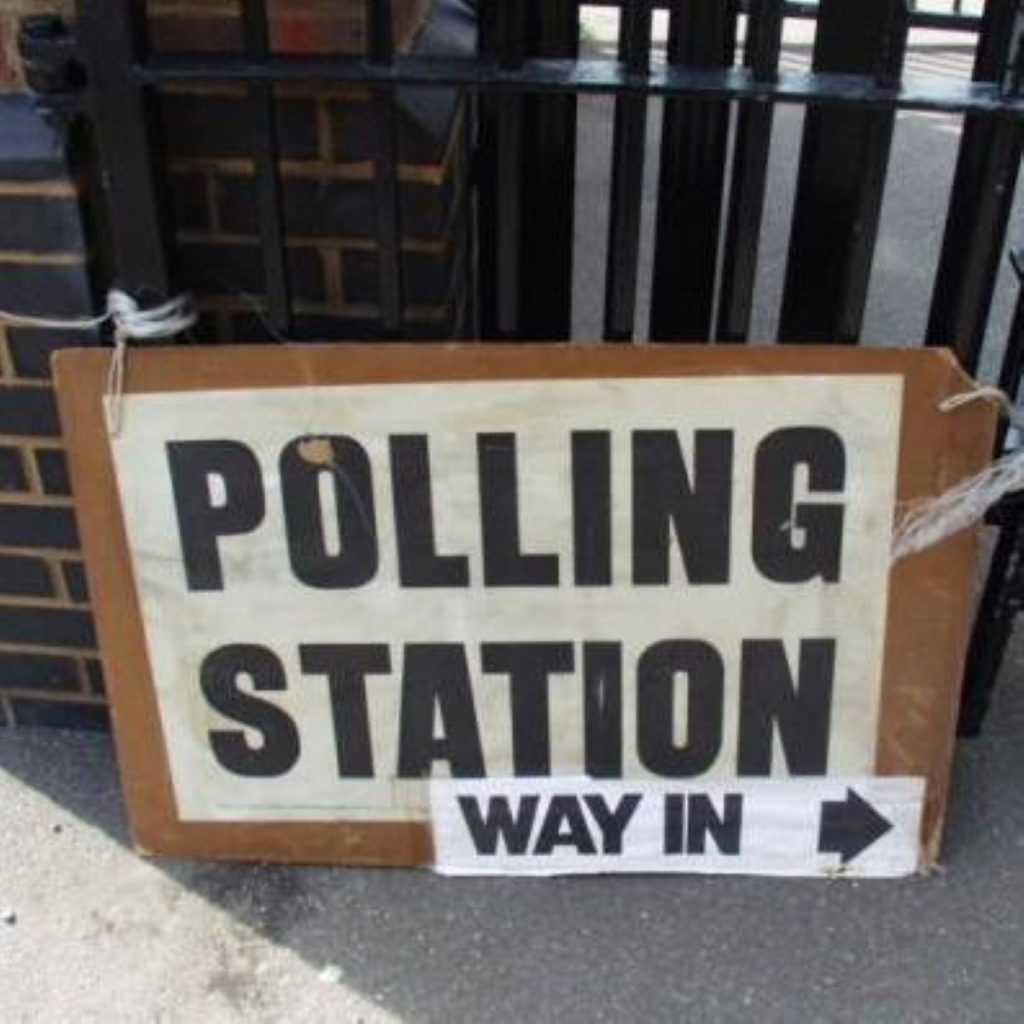Party faithful reject ethnic quotas
Plans to introduce ethnic minority quotas on candidate shortlists were last night rejected by the Liberal Democrats.
President Simon Hughes had insisted the move was “positive action, not positive discrimination” and was necessary to make the Lib Dems a truly representative party.
But others rejected the motion as unfair and illiberal, and above all unworkable given the scarcity of any candidates in some seats, let alone ethnic minorities.
Mr Hughes said that the number of ethnic minority Liberal Democrat MPs was paltry when viewed in the light of its claim to be a liberal, inclusive party.


And he urged delegates in Blackpool to support a motion requiring constituencies in which more than one in ten of the population were ethnic minorities to have at least one ethnic minority candidate on the shortlist.
“This is not about all black shortlists,” Mr Hughes insisted. “The choice is between the people on the shortlist – the local party will then choose the best candidate.”
But Lois Norton from Wealdon was just one of those who warned that constituency parties were already finding the current female quotas on shortlists hard to meet.
“We must balance the idealism behind this motion with the reality of the lack of candidates,” she said.
From a personal point of view, Munira Hassam of Guildford said she would not want to be elected on the basis of her ethnicity or anything else, but on her ability to do the job.
She deplored the “lamentable” ethnic make-up of the Lib Dems – they are less ethnically mixed than either Labour or the Tories – but warned the motion was positive discrimination, and she would not accept that.
Fiyaz Mughal, head of the Liberal Democrat ethnic minority group, insisted that such a measure was needed, however, and said there was nothing in the motion which would hamper candidates from non-ethnic minority backgrounds from running.
“How are we to stand here and talk about these issues and then be seen as a party that does not represent the wider community?” he asked.
Debates had been had countless times before, but now, he said, “a line in the sand must be drawn” and action must be taken.
Mohammed Shafiq of Rochedale continued this argument, saying that if ethnic representation at Westminster continued at the same pace, it would take until 2150 to reach the required number.
“I do not think we can wait around until then. The debate needs to be stopped,” he said.
The rejection of the motion was not unexpected however, and for many it was an example of the democracy of the party reasserting itself.
Qassim Afzal, a parliamentary candidate for Gorton in the last election, told politics.co.uk that what mattered was taking the initiative and listening to party members.
However, he insisted that it was “only a matter of time” before the tide changed, whether through a motion such as today’s or through the initiative of local parties.
The idea of introducing a task force to deal with the issue of under-representation was well received on the floor, with the gender equality campaign held up as an example.
This would see more money put into the training and targeting of potential ethnic minority candidates which, as one delegate put it, “has a much higher chance of working because it is not a statistical fix”.












